Allegiant Air wants to ensure your travel is easy and comfortable. Allegiant Air special assistance provides services such as wheelchair assistance, service animals, and medical assistance to passengers with special needs so Allegiant Air focuses on making travel inclusive for flyers and meeting their special requirements.
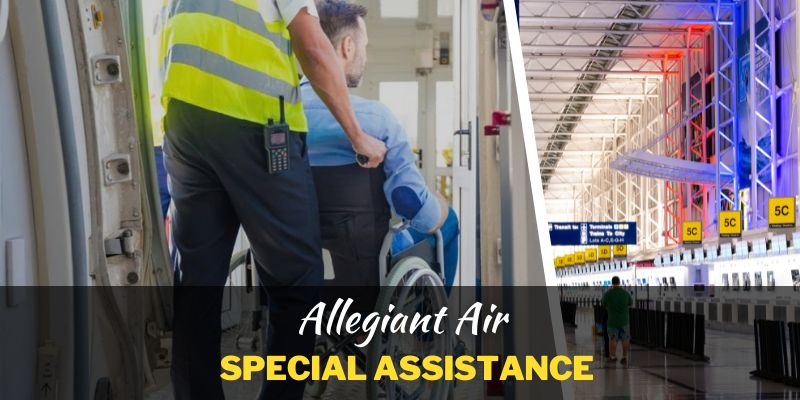
What is Allegiant Air Wheelchair Assistance?
Allegiant Air Here’s a detailed breakdown of what’s covered under Allegiant Air wheelchair assistance –
- Check-in – The airline’s friendly staff will be there to guide you through the check-in process, making it hassle-free and efficient.
- Security screening – The airline ensures a smooth passage through security.
- Priority boarding – Allegiant Air offers priority boarding to passengers who need Allegiant Air special assistance.
Handling wheelchair – Allegiant Air offers gate-checked wheelchair services –
- Allegiant Air will carefully stow and secure your wheelchair before departure.
- Upon arrival, your wheelchair will be promptly returned to you at the gate
How to bring battery operated wheelchair inboard?
You can bring battery-powered mobility devices and these are checked at no extra cost at either the ticket counter or gate. They are transported in the cargo compartment if the space is sufficient and if they meet federal HAZMAT safety regulations.
- Stowing removable parts – Stow all removable parts such as cushions, arm/leg rests, and side guards in an overhead bin or under a seat. These parts must meet FAA safety requirements for onboard storage.
- Labeling – Properly label battery cables or give clear disconnection/reconnection instructions.
For further reference, you can also download the Allegiant Air wheelchair assistance description form.
- Carry-on considerations – As long as your assistive device complies with FAA safety regulations for stowage, it won’t count toward your carry-on baggage allowance according to the Allegiant Air baggage policy.
Key considerations for transporting batteries –
When it comes to transporting batteries, there are different rules for non-lithium and lithium batteries.
- Non-lithium/Dry Cell batteries – Includes typical non-lithium dry batteries like alkaline, nickel metal hydride, nickel cadmium, etc. in common sizes: AA, AAA, C, D, button cell, 9-volt, etc. Transportation is allowed.
- Lithium batteries – Spare lithium batteries are permitted, but Allegiant Air special assistance team apply certain limitations. These limitations include –
- Each battery must contain no more than 2 grams of lithium.
- You need to cover battery terminals with electrical tape.
- The rating should be less than 100-watt hours (Wh) per battery is allowed, and the maximum number of batteries should not exceed 2.
- Must use a designated battery case.
- Damaged, recalled, or batteries exceeding 160-watt hours are prohibited from transport.
How to book Allegiant Air flights for disabled passengers?
When making a new reservation online, follow these steps –
- After entering the passenger’s name, look for the adjacent ’’Allegiant Air request for assistance’’ link.
For reservations made over the phone or in person –
- Reach out to customer care and request Allegiant Air special assistance at 1-702-505-8888 for personalized assistance.
- Simply inform the Allegiant customer service representative about the specific Special Service Request (SSR) needed.
What are the liquid or compressed oxygen guidelines?
Unfortunately, both liquid and compressed oxygen are not allowed on any of our Allegiant flights. This rule applies whether you’re in the cabin or as cargo.
- Inclusive Items – Oxygen cylinders, canisters, and tanks are restricted for transportation.
- Oxygen-dependent travelers – If you require a constant supply of compressed or liquid medical oxygen –
- Allowed devices – Ventilators, respirators, continuous positive airway pressure (CPAP) machines, and Portable Oxygen Concentrators (POCs) are acceptable for travel on Allegiant flights.
- Carry-On or checked – You can carry these devices as either checked or carry-on baggage.
- In-cabin option – Passengers can carry as hand luggage If the device can be safely stowed under the seat in front of you or in the overhead bin.
How to bring a Portable Oxygen Concentrator on Allegiant Air flights?
When making your reservation, make sure to let the Reservations Agent know that you’ll be using a ventilator, respirator, CPAP machine, or Portable Oxygen Concentrator (POC).
If you’re booking online, there’s an option to indicate your intent to use a medical device, such as a POC. Simply head to the Allegiant Air website and go to the Allegiant Air Manage Booking section to seamlessly add your POC.
What are Allegiant Air guidelines for Respiratory devices?
Here are the key details to keep in mind when traveling with a respiratory device –
- POCs should only be used in their battery-operated mode.
- The airline doesn’t provide electrical outlets on board.
- During take-off and landing, the POC must be stowed beneath the seat. It should not block the aisle.
- If the user intends to operate the POC, they must choose a seat location that doesn’t obstruct any passenger’s access to exits or the aisle.
- Users of POCs are not allowed to sit in exit rows or bulkhead seats.
- Once the “Fasten Seat Belt” sign is turned off, users can continue operating their POC while moving within the cabin.
- Users must be capable of hearing alarms, seeing alarm light indicators, and responding appropriately to various caution and warning alarms.
- Passengers can also travel with someone who can understand POC’s function.
- POCs must be free of oil, grease, or other petroleum products
- Users must carry sufficient batteries to power the POC throughout the oxygen use.
- Batteries carried as carry-on baggage must be packaged in a way to prevent physical damage.
Please Note: For more information here is the Allegiant Air-approved respiratory device list.
How to check in with AA-approved medical devices?
Simply inform the Allegiant Air assistive device department that you’re traveling with an FAA-approved POC or another medical device.
- Make sure to notify us at least 45 minutes before the scheduled departure.
- Before boarding, one of the Allegiant Air agents will verify your POC or medical device.
- The airline offers priority boarding if carrying any medical devices.
What is Allegiant Air assistance for pregnant passengers?
As per Allegiant Air special assistance policy, pregnant women can travel without issues up to the 36th week of pregnancy. If you’re beyond 36 weeks pregnant, a medical certificate from your healthcare provider is required to ensure you’re fit for air travel.
The airline offers following for the added comfort –
- Opt for an aisle seat to allow easy access to restrooms and movement.
- Complimentary upgrade to extra legroom seats
Required documentation – Bring any necessary documentation for your medical supplies or medications.
Does Allegiant Air allow travel with service animals?
As per Allegiant Air pet policy, passengers are allowed to carry service animals for free on board, provided that the request must be booked at least 48 hours before scheduled departure.
Documents required to bring Service Animals onboard
Passengers must carry the following documents:
- Complete the U.S. DOT Service Animal Air Transportation Form – Get started by filling out the U.S. DOT Service Animal Air Transportation Form online. This will grant you a SAFP Service Animal ID, which you’ll need for the next step. To ensure a smooth process, have the following information on hand –
- Veterinarian’s contact number and license number.
- Rabies vaccination date and expiration.
- Trainer’s name/organization and contact number.
Allegiant Air service animal guidelines
Here are a few guidelines to keep in mind:
- All service animals will undergo a brief assessment at the Allegiant Air check-in counter.
- Passengers needing Allegiant Air special assistance may bring up to two fully trained service animals.
- Must be visually comparable to a two-year-old child and weighs under 30 lbs.
- Service animals should remain within the foot space of the passenger.
- Animals should not extend into the aisle or occupy a seat.
- Animals must always be harnessed.
- Passengers traveling with service animals are not allowed to occupy emergency exit seats.
- At Allegiant, the airlines only accept domestic dogs as service animals.
How does Allegiant Air assist flyers with peanut and other allergies?
Allegiant Air acknowledges that some passengers face allergies ranging from mild to severe. However, airlines do not guarantee an allergen-free flight. Also –
- The inflight food offerings might contain trace amounts of nut ingredients
- The airline is unable to prevent fellow passengers from bringing nut products or nuts on board.
It’s essential to consult with your healthcare professionals to understand the risks of allergen exposure during the flight. Carry any necessary medication, such as an EpiPen, to ensure your safety.
What does Allegiant Air special assistance offers to the passenger of size?
If you’re a passenger of size, here’s all the information you need to know for a seamless and pleasant travel experience:
- Seating considerations – The airline seats measure 17.8″ from the inside of one armrest to the inside of the other.
- Armrest compromise – If you find it challenging to lower the armrest or if it affects an adjacent seat, it is recommended to book an additional ticket.
- Two seats – With an additional ticket, you’ll have two seats pre-assigned side-by-side. If you’re a passenger of size and decide to purchase a second ticket on the day of travel, it may be subject to availability.
From Allegiant Air wheelchair assistance to accommodating respiratory devices, from ensuring the comfort of service animals to addressing allergies and passenger-of-size needs, Allegiant Air special assistance team has you covered at every step of your journey. As you set out on your next adventure, be rest assured that Allegiant Air assistance services are tailored to make your travel hassle-free, but empowering you at every stage of the travel.
Frequently Asked Questions – FAQs
What is Allegiant’s policy for pregnant women?
The airline welcomes pregnant women to travel up to the 36th week of their pregnancy. A medical certificate is required if traveling within 4 weeks of the due date.
Can I travel with liquid or compressed oxygen?
Yes, you can travel with liquid or compressed oxygen. However, the restriction applies to the carriage as checked as well as carry-on.
I’m pregnant; will I have to purchase two seats?
Pregnant passengers are not required to purchase two seats. If you need an extra seat, you have the option to do so.
What are the rules for traveling with a respiratory device?
Traveling with a respiratory device is allowed. Please ensure that you inform the airlines at least 48 hours prior to departure.
I use a walker/cane. Will I have to pay to bring it with me?
No. Any assistive devices such as walkers and canes are not counted towards your baggage allowance.
What if the passenger is not able to sit upright unassisted?
In that case, passengers need to discuss their specific needs with the airline’s customer service desk.
Does Allegiant supply oxygen tanks for passenger use onboard?
No, Allegiant does not provide oxygen tanks for passenger use onboard.
Will I need to purchase an extra seat if I am a passenger of size?
Passengers who are unable to fit in one seat with the seatbelt fastened must purchase an additional seat.
How do I submit a special service request (SSR) for one or more passengers with disabilities?
You can submit a Special Service Request (SSR) to inform you about your disability. Simply call the Allegiant Air customer service team who will then assist you in ensuring your needs.


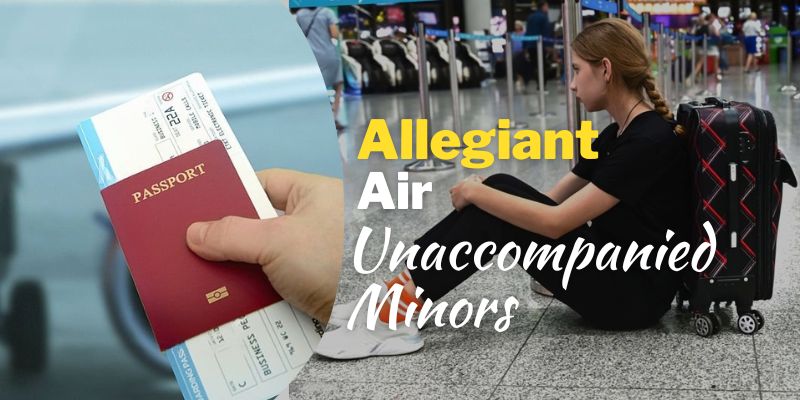 Allegiant Unaccompanied Minor Policy
Allegiant Unaccompanied Minor Policy Allegiant Airlines Check In
Allegiant Airlines Check In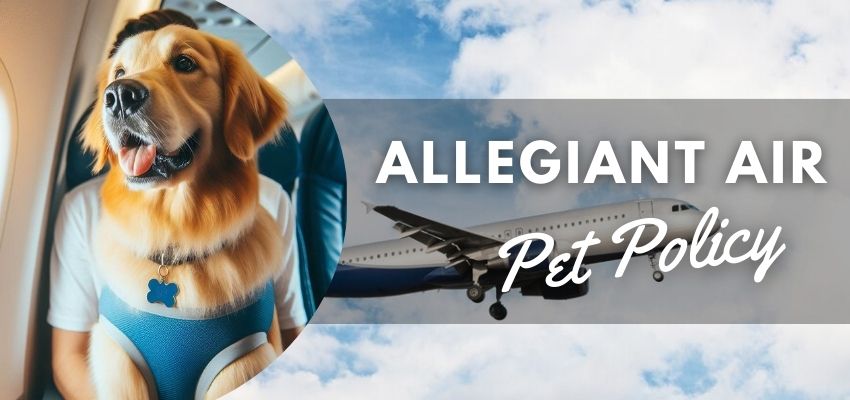 Allegiant Pet Policy
Allegiant Pet Policy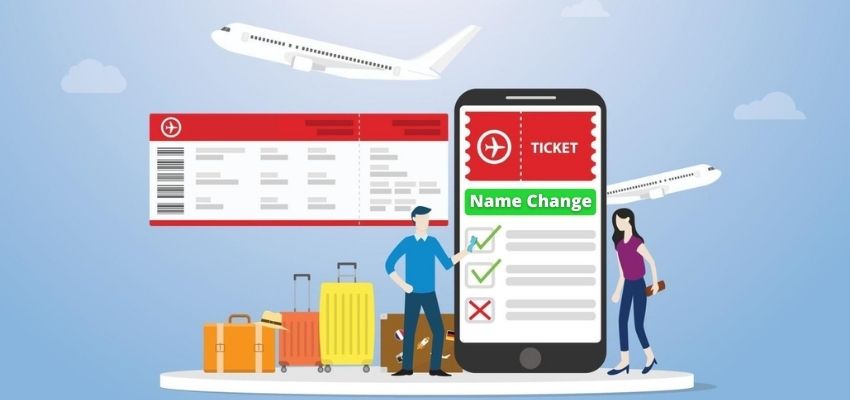 Allegiant Air Name Change Policy
Allegiant Air Name Change Policy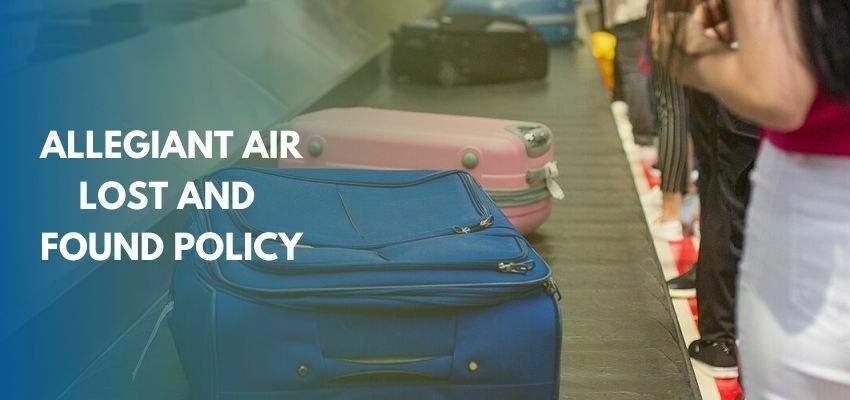 Allegiant Lost and Found
Allegiant Lost and Found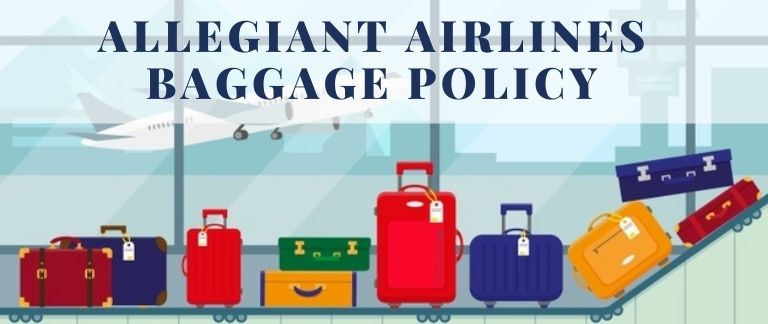 Allegiant Airlines Baggage Policy
Allegiant Airlines Baggage Policy Allegiant Airlines Cancellation Policy
Allegiant Airlines Cancellation Policy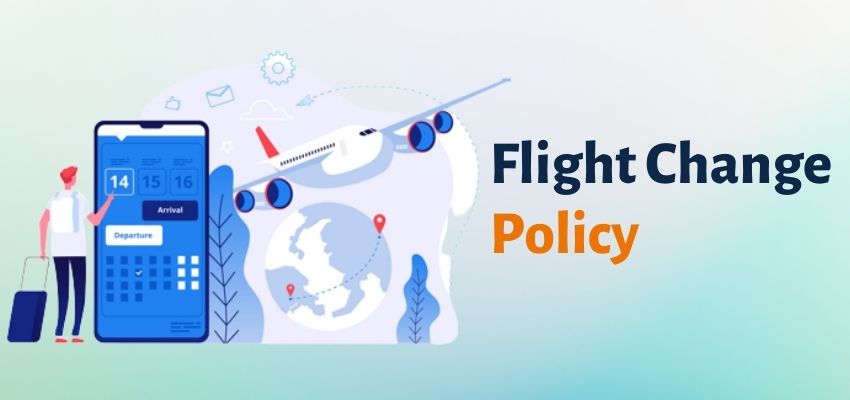 Allegiant Air Flight Change Policy
Allegiant Air Flight Change Policy